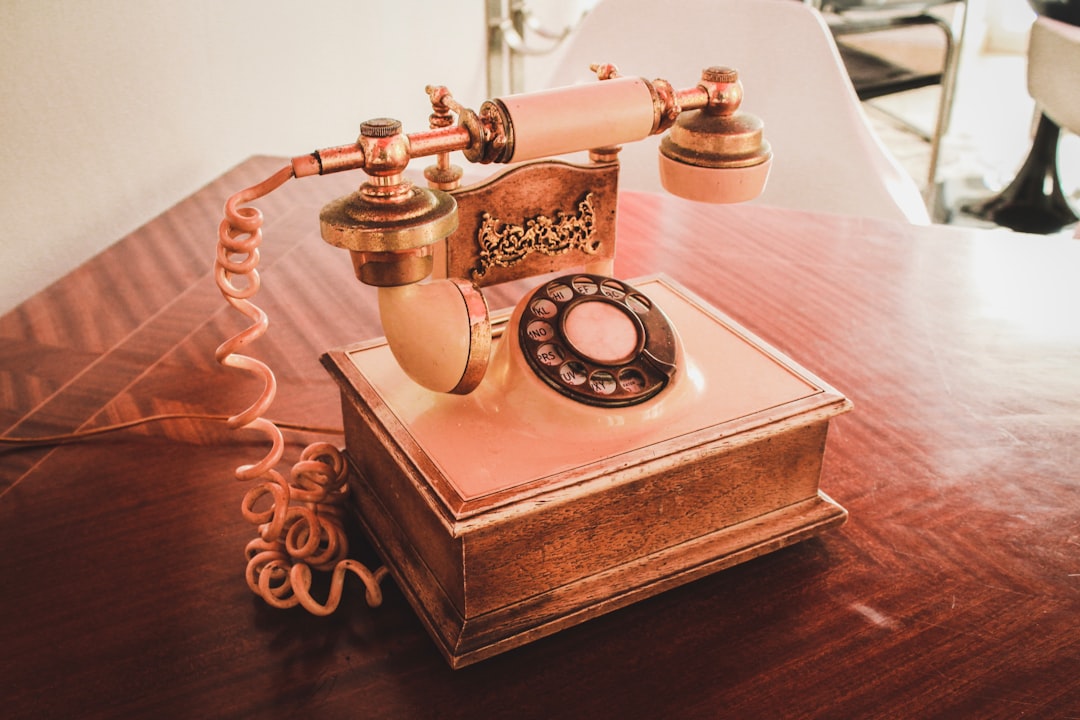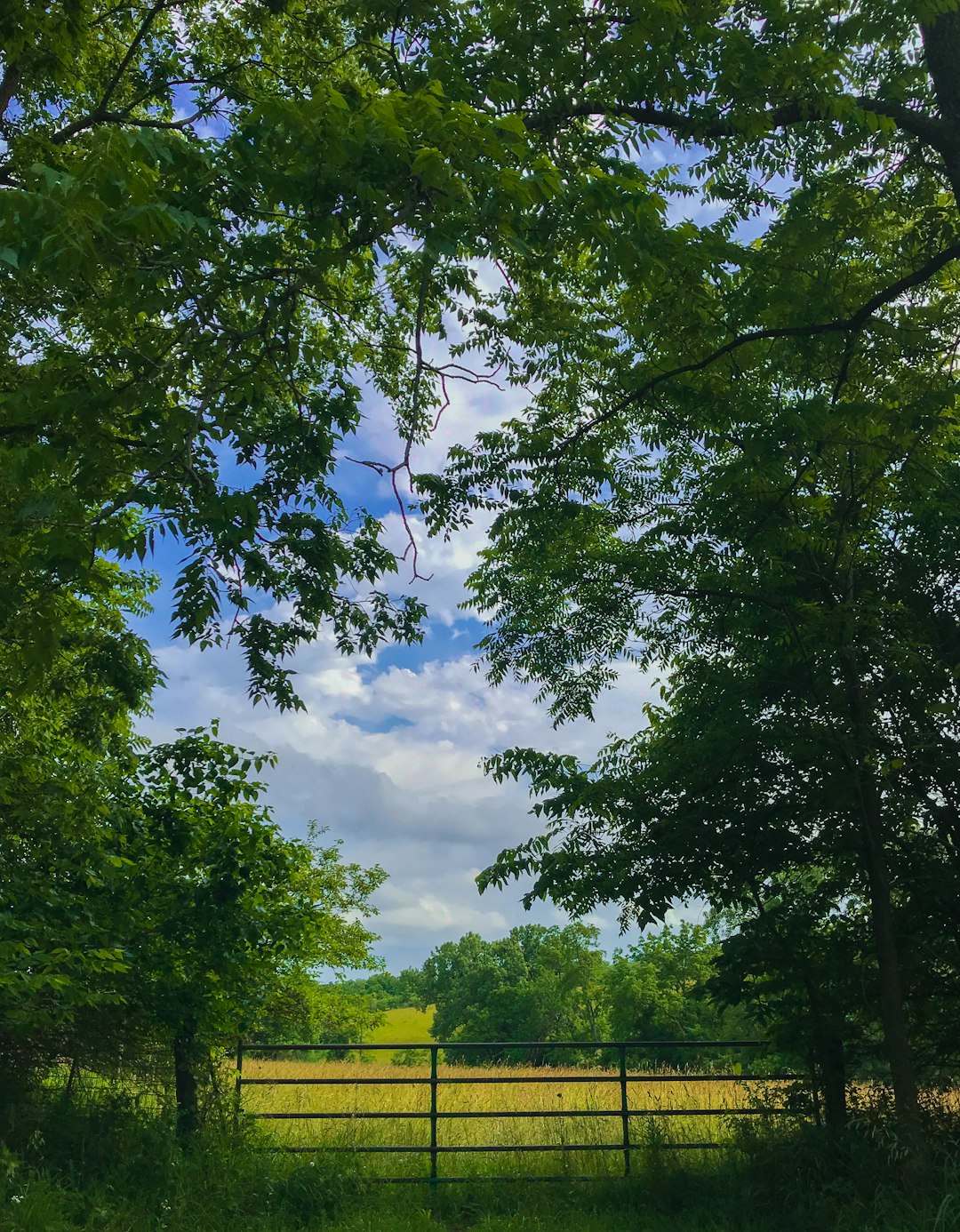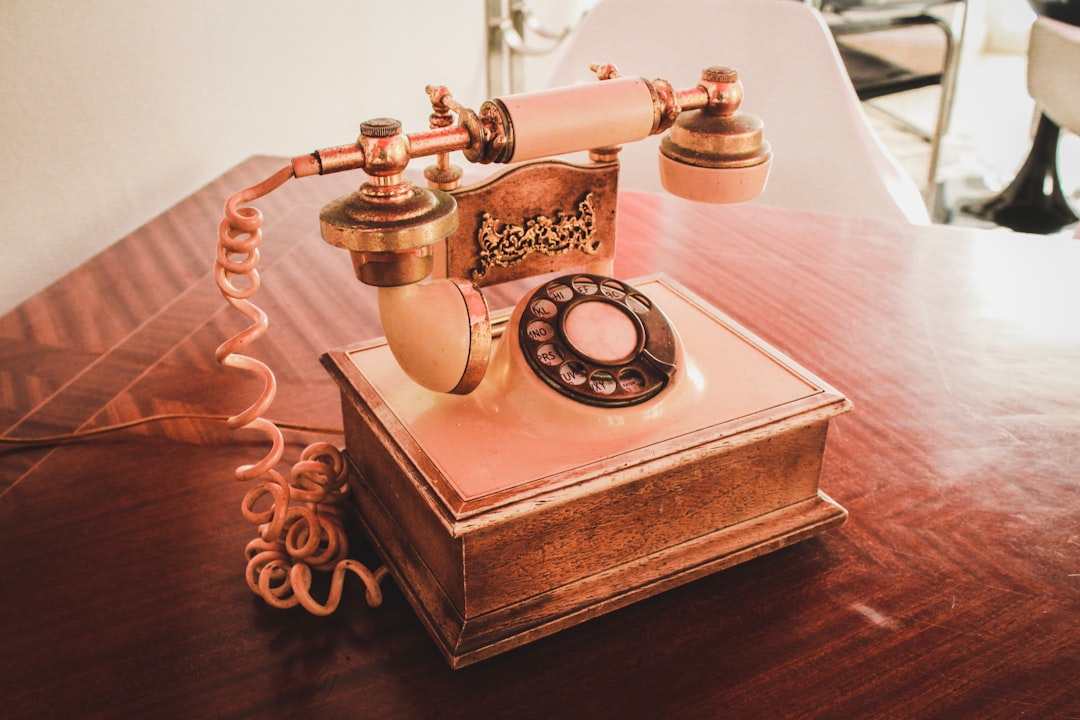The National Do Not Call Registry in Iowa grants residents privacy by limiting marketing and sales calls. Iowans can register landlines and mobile numbers online or through a specialized Do Not Call Lawyer or Attorney, who also educate on rights and take legal action against violators. This registry is a powerful tool for law firms to protect consumer privacy, adhere to state laws, and avoid fines from accidental spamming. Despite exemptions for specific businesses and services, individuals can report persistent unwanted calls to a Do Not Call Lawyer or Attorney specializing in Iowa's Do Not Call Laws.
The National Do Not Call Registry is a powerful tool designed to protect consumers from unwanted telemarketing calls. In Iowa, both individuals and law firms can leverage this registry to mitigate spam calls, ensuring compliance with stringent Do Not Call laws. This comprehensive guide delves into the workings of the registry, eligibility criteria, registration processes, implications for legal professionals, common exclusions, and enforcement strategies. Whether you’re a consumer seeking protection or a Do Not Call lawyer in Iowa, understanding these rules is paramount to curbing intrusive spam calls.
Understanding the National Do Not Call Registry

The National Do Not Call Registry is a significant tool in combating unwanted and nuisance calls, ensuring consumers have control over their privacy. This nationwide database allows individuals to register their phone numbers to restrict marketing and sales calls. In Iowa, residents can take advantage of this service by listing their landline or mobile number on the registry, significantly reducing the volume of spam calls they receive.
A Do Not Call Lawyer or Attorney in Iowa specializing in these laws can guide individuals through the process of registration and help them understand their rights under the regulation. These legal professionals can also assist in taking action against violators, as the Do Not Call Laws in Iowa are enforced rigorously, with penalties for businesses that disregard the consumer’s right to privacy. With a simple registry entry, Iowans can enjoy more peaceful communication without unwanted interruptions from telemarketers and spam callers.
Eligibility and How to Register in Iowa

In Iowa, individuals and businesses alike are protected by the state’s Do Not Call laws, which aim to curb unwanted phone calls. To be eligible for inclusion in the National Do Not Call Registry, a number must belong to a person who has registered their telephone number on the registry or to someone who has purchased or acquired a number from a company that registers numbers. This includes both landlines and mobile phones.
Registering your number is straightforward. You can do so online through the official National Do Not Call Registry website, or by contacting a Do Not Call Lawyer Iowa or Do Not Call Attorney Iowa. If you’re looking for legal counsel to help with any issues related to spam calls, Do Not Call Laws Iowa, or seeking a lawyer for Do Not Call Laws Iowa, professional legal assistance can guide you through the process and ensure your rights are protected. Once registered, it’s crucial to maintain your status by providing accurate information and updating any changes to your number.
Implications for Law Firms and Lawyers in Iowa

The National Do Not Call Registry has significant implications for law firms and lawyers in Iowa. By registering with this federal database, attorneys can ensure they respect consumer privacy rights and avoid unwanted phone contact from telemarketers. This compliance is crucial not just for ethical practice but also to comply with the Do Not Call Laws Iowa and avoid potential legal repercussions. For instance, a lawyer for Do Not Call Laws Iowa could help firms establish internal policies to prevent accidental violations, such as spam calls, which can lead to substantial fines.
For law firms in Iowa, this means adopting stricter call management practices. This includes not only excluding numbers from the Do Not Call Registry but also implementing robust tracking systems to monitor outgoing calls and client preferences. By respecting these laws, Do Not Call Lawyers Iowa contribute to a fairer business environment, fostering trust with clients and protecting themselves from potential reputational damage and legal penalties associated with spam calls.
Common Exclusions and Exceptions

Despite the best efforts of the National Do Not Call Registry to protect consumers, there are certain exclusions and exceptions to keep in mind. These include calls from businesses with which you have an existing relationship, such as a customer or client, or calls made for the purpose of collecting a debt. Non-profit organizations, political campaigns, and telephone surveyors are also typically exempt from the Do Not Call Registry rules.
Additionally, if you’ve given explicit consent to receive calls from a particular company or individual, those entities can continue to contact you without fear of penalty. Moreover, certain types of calls, like those from health care providers, banks, or your local utility company, are allowed even if you’re listed on the Do Not Call Registry. It’s also important to note that these laws vary slightly by state, so a Do Not Call Lawyer Iowa or a Do Not Call Attorney Iowa can help navigate these complexities and ensure compliance with Do Not Call Laws Iowa.
Enforcing Your Rights: What to Do if Spammed

If you’ve added your number to the National Do Not Call Registry and are still receiving unwanted calls or spam, it’s essential to know your rights and options. While the registry is a powerful tool in reducing nuisance calls, not all phone numbers are protected equally, and some organizations may still violate these laws. If this occurs, consider reaching out to a Do Not Call Lawyer Iowa or Do Not Call Attorney Iowa. These legal professionals specialize in consumer protection and can guide you through the process of filing a complaint with the Federal Trade Commission (FTC) or your state’s attorney general.
A Spam Call law firm Iowa can also assist in gathering evidence and pursuing legal action against repeat offenders, ensuring they face consequences under Do Not Call Laws Iowa. By taking these steps, you not only protect yourself but contribute to strengthening the enforcement of these laws, making it a less favorable environment for scammers and spammers. Remember, knowing your rights is the first step towards a quieter, more peaceful communication experience.






